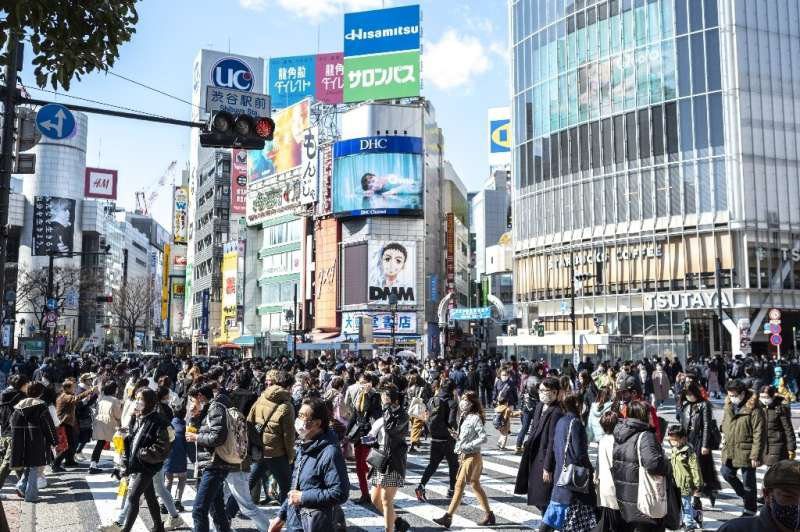Teleworking took a long time to gain momentum in Japan, but with the pandemic they have also discovered its benefits there. Tsutomu Kojima, a Hitachi employee and father of two, worked remotely, but from his family. He felt "very alone", then he started working remotely (from the company) and things changed.
It's just one case among many, obviously: of course, it was logical that a country with an obsession for ink stamps and faxes would have found this change more difficult. Before Covid-19, only 9% of the entire Japanese workforce had teleworked (in the USA 32%, in Germany 22%, source Nomura Research Institute). But something has seriously started to change.
Telework, a silent revolution
The rigid corporate culture of the country is dealing with the flexibility needs of the staff (who used to be late and practically lived in the company). Tsutomu Kojima, as mentioned, was no exception. He lived alone in the accommodation provided by Hitachi near Tokyo, an hour and a half by (fast) train from his family in Nagoya.
He saw his wife and children only twice a month. Today the 44-year-old works exclusively from home and says he is more productive and closer to his teenage daughters. “I have more time to help them with their studies. My youngest told me she hopes things stay that way. I felt really alone in Tokyo, but since then she has understood that the true balance is not to give up on family."

Old habits
With the pandemic and despite no mandatory order being given, in 2020 33% of the work in Japan was done remotely. Today we have dropped to 20%, but it is still more than double compared to the pre-Covid period.
Efforts towards teleworking have also "helped" government and companies study ways to eliminate the "old" personal ink stamps used to authenticate documents, and of course the ancient and inseparable fax. All legacies of the twenty years from the 70s to the 90s: a "Japan to drink", in full boom.
Today the conditions have changed radically, and the positive results of working from home are positively surprising even the Japanese company, often more committed to showing commitment and dedication than to achieving objectives and results.
New balances
This new YOLO mix “in teryaki sauce” is also changing the relationship between city and province. According to Teikoku Databank, a record number of corporate headquarters have moved away from Tokyo, which has seen its population decline for the first time in 26 years.
One more story: that of Kazuki e Shizuka Kimura, a couple who gave themselves a beach house after selling a cramped apartment in the Japanese capital. The two, both in marketing, now work out of Fujisawa, a seaside town southwest of Tokyo.
“COVID made us take the leap,” he says Kazuki Kimura, which also has many colleagues in the process of making similar choices.

Teleworking, can't we go back?
More and more people are prioritizing their well-being over their work in Japan too, but resistance to change has not gone away. Many wonder if there will be a "rejection" of the new equilibrium, or if we will move forward.
It's clear that smaller companies may be slower to adapt to new working styles than large companies like Hitachi, Panasonic or telecoms giant NTT.
Remote work can also represent a problem for the training of new recruits, and this is an incontrovertible truth.
Apart from this aspect, which will require adjustments and "hybrid and luminous" forms of work (as elsewhere, however), one trend is destined to remain: meeting and "living" in the office will no longer be so important for the Land of the Rising Sun.
Each person, each company must find a new balance, in his own way and with his own times. And wherever will be the seat of him, Minasan, otsukaresamadeshita. Or if you prefer, み な さ ん 、 お 疲 れ 様 で し た.


